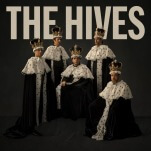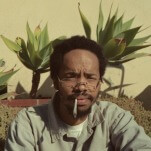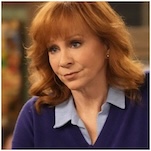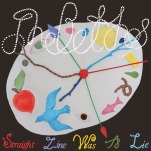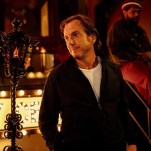Why Him?
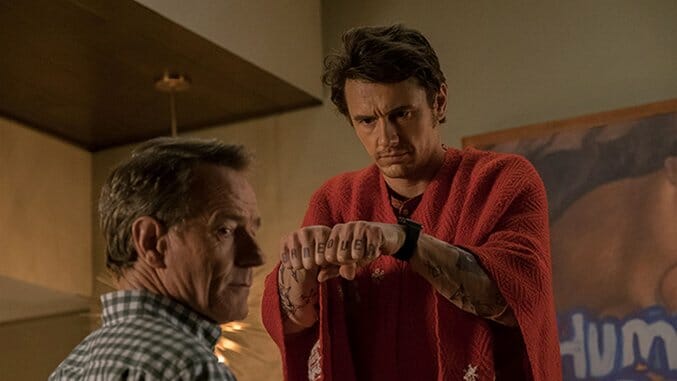
A marriage at the center of a movie is bound to stir a pot of potentially suppressed emotions and insecurities. When people are on edge, personae break down and pretense becomes a life raft. Our social fight-or-flight responses peak with those we love, because the most threatening thing most of us face in our lives is the danger of social failure and rejection. If I fail to live up to expectations, I’ll be alone: that sort of thing. A marriage at the center of a movie makes for excellent comedy—these psychologically morbid fears respond especially well to the lowest-brow humor.
Why Him? continues a theme found in I Love You, Man, one with which director John Hamburg (also writer of Meet the Parents) is so familiar—that of approaching male relationships through a historically romantic Hollywood nucleus. Hamburg’s circuitous route to his favorite topic (male insecurity) comes, like in I Love You, Man, pre-marriage.
When an enterprising healthcare student (Zoey Deutch, till deserving of meatier roles since her supporting turn in the other big 2016 movie with punctuation, Everybody Wants Some!!) convinces her family to spend Christmas (another emotional prime-time for comedy) with her boyfriend, the profane and inked Silicon Valley CEO Laird Mayhew (James Franco, at his most gleefully oily and unpretentious), the culture shock conducts like a blow dryer in a bathtub. The owner of a dying printing company, her father Ned (Bryan Cranston playing between his fatherly Malcolm in the Middle role and his why-am-I-putting-up-with-this-sleazeball bits of Breaking Bad comedy) finds himself the focus of the most affection as Laird aims to propose with Ned’s blessing. An ultimatum is given and a quest undertaken.
-

-

-

-

-

-

-

-

-

-

-

-

-

-

-

-

-

-

-

-

-

-

-

-

-

-

-

-

-

-

-

-

-

-

-

-

-

-

-

-







